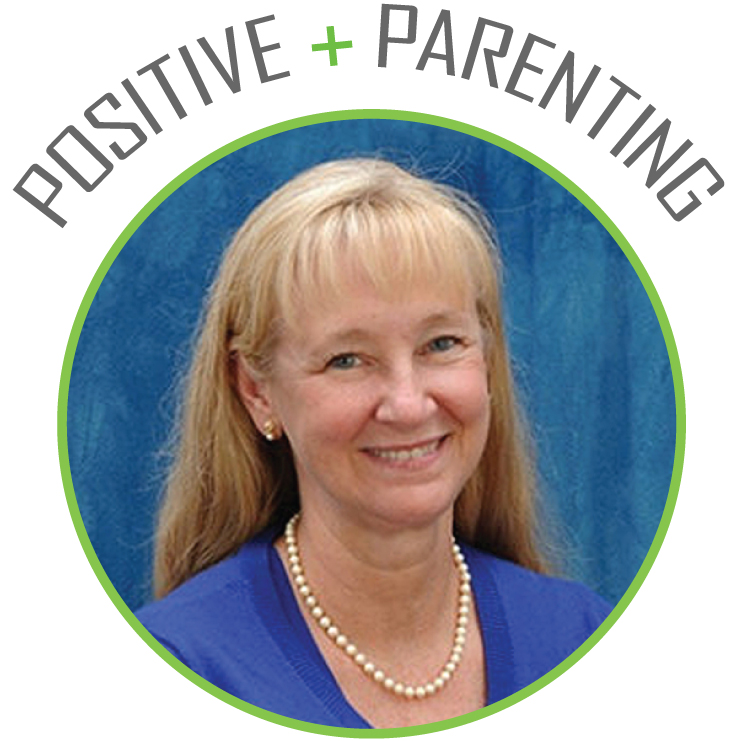Children Spell Love T-I-M-E & A-T-T-E-N-T-I-O-N
By Lesley Iwinski
How do you know when someone really loves you? They say or do something and you know in your deepest heart that you are uniquely valued by that person.
Feeling loved is the most basic and fundamental need of human beings. This is the source of self-worth and the foundation for confidence, courage, resilience and the ability to give love.
Children need to be loved unconditionally, just as they are, without expectations or demands.
During the first five years of life – and beyond – children are vulnerable to all kinds of influences.
The best positive influence – and best protection against negativity – is to let children know how much they are loved.
Once a year, once a month, even once a week is not enough. They need you to show your love every day, in some way, to nurture them and to comfort them through happy, sad, messy and difficult times.
The concept behind understanding “love languages” is that we need to know not only what makes you feel loved but what makes the person you care for feel loved.
In other words, do you speak their love language?
What if your spouse thinks you love having your back rubbed, and you find it annoying because what you really need is to be told what a wonderful job you are doing and how much you are loved as a person?
You won’t feel loved, and your spouse won’t understand why.
Most children spell love T-I-M-E and A-T-T-E-N-T-I-O-N. They want your time and your attention
The popular book, “The Five Love Languages of Children,” by Gary Chapman, lists five ways you can express love to a child.
• Physical Touch: Hugs and kisses, rough and tumble, high fives, holding hands.
• Words of Affirmation: Say things like, “I love to watch you ________.” Leave a note somewhere. Write on the driveway with chalk. For older children, text.
• Quality Time: Put away all distractions and focus on them. Make special one-on-one time on a regular basis. Do something they love that you don’t (now THAT’s real love!)
• Gifts: Sing a special song, just for them. Give “nature gifts” like flowers, pretty pebbles and leaves. Hide a little something in the lunch box.
• Acts of Service: Practice their sport with them. Tuck them in at night. Once in a while make a hot breakfast during the week. Help with flash cards. Add marshmallows to their hot chocolate.
When children feel unconditionally loved and valued just as they are, they are happier, more secure, more cooperative and resilient.
So are their parents! Find some new ways to show love in your family.
Lesley Iwinski is a Lexington mother of three grown children, a family physician and Executive Director of The Parent and Family Enrichment Center, Inc. and Growing Peaceful Families. She offers classes, workshops and seminars. Info: (859) 333-3053 or www.GrowingPeacefulFamilies.com.

